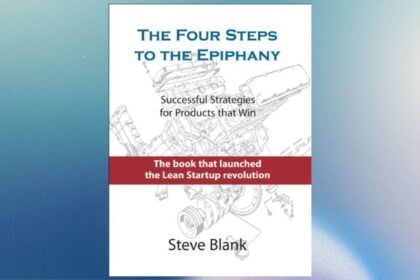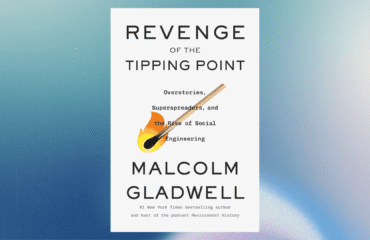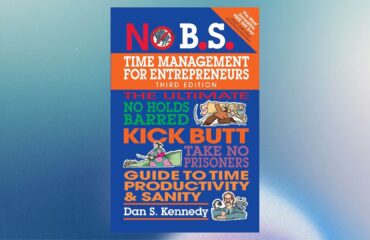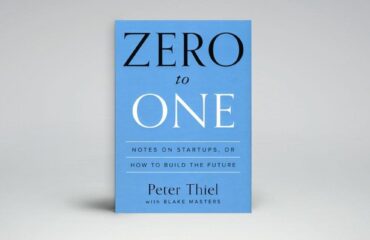
Building a startup can feel like navigating through a dense forest without a map. Many founders rush to launch products without validating their ideas, only to face disillusionment. In this context, Steve Blank’s Four Steps to the Epiphany emerges as a groundbreaking guide, offering a structured approach to creating successful startups. In a world where nine out of ten startups fail, this book provides a roadmap to avoid the common pitfalls that lead to failure.
Table of Contents
Book Overview
Introduction
Four Steps to the Epiphany is often regarded as the cornerstone of modern startup methodology. Authored by Steve Blank, a seasoned entrepreneur and academic, the book lays the foundation for the Customer Development process—a systematic approach to building products that customers truly want. This methodology complements the Lean Startup framework and has revolutionized how founders approach entrepreneurship.
Summary
The book emphasizes the importance of understanding customer needs and validating business assumptions before scaling. Blank divides the startup journey into four critical steps:
- Customer Discovery – Understand the problem you aim to solve and validate it with real customers.
- Customer Validation – Test your business model by ensuring that customers are willing to pay for your solution.
- Customer Creation – Build a scalable marketing and sales strategy to drive demand.
- Company Building – Transition from a startup to a structured organization with defined roles and processes.
By focusing on iterative learning, the book helps founders reduce risks and avoid building products nobody wants.
Key Insights and Lessons
Key Lessons
- Start with Customer Discovery: Instead of assuming you know what customers want, engage with them to uncover their actual pain points.
- Iterate Based on Feedback: Early failures are opportunities to pivot and refine your product or service.
- Validate Before Scaling: Ensure you have a repeatable and scalable business model before pouring resources into growth.
- Focus on Learning, Not Selling: Early-stage startups should prioritize understanding their market over aggressive sales tactics.
Quotes
- “A startup is a temporary organization designed to search for a repeatable and scalable business model.”
- “Get out of the building and start talking to customers. Reality doesn’t happen in your office.”
Practical Applications
- Validate Your Assumptions: Use interviews and surveys to test if customers resonate with your problem statement.
- Develop an MVP: Create a Minimum Viable Product to gather actionable feedback.
- Pivot Wisely: If your initial idea isn’t gaining traction, adapt based on customer insights.
For example, imagine a founder launching a meal-prep subscription service. By conducting customer interviews, they might discover that customers value quick delivery over recipe variety. This insight could lead to a pivot toward speedier logistics, aligning the service with actual demand.
Strengths and Weaknesses
Strengths
- Actionable Framework: The Customer Development process provides a step-by-step guide, making it accessible for founders at all levels.
- Practical Insights: Real-world examples and case studies help bridge theory and practice.
- Focus on Customer-Centricity: The book emphasizes understanding and solving customer problems, a cornerstone of successful startups.
Weaknesses
- Dense Writing Style: The text can be challenging to navigate, especially for first-time readers unfamiliar with business jargon.
- Limited Industry Scope: While the concepts are broadly applicable, some examples focus heavily on tech startups, which may feel less relevant to founders in other industries.
Questions for You
- What are the most critical assumptions in your business model that need validation?
- How can you design experiments to test whether customers will pay for your product?
- What feedback mechanisms can you implement to continuously learn from your target audience?
- If your initial idea fails, what pivot strategies could you explore based on customer insights?

Join Our Founder Network
Transforming an idea into a successful business is a daunting challenge, but you don’t have to do it alone. By joining our Founder Network, you can apply the principles of Four Steps to the Epiphany with expert guidance and peer support. Gain access to exclusive resources, workshops, and a community of like-minded entrepreneurs who are eager to help you succeed.
Ready to take the next step in your entrepreneurial journey? Join us today!



